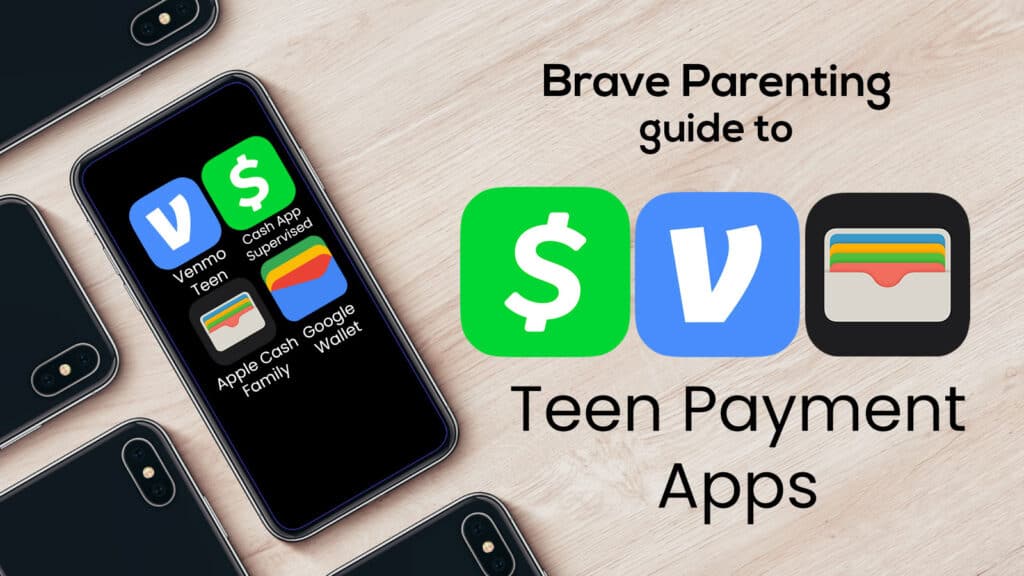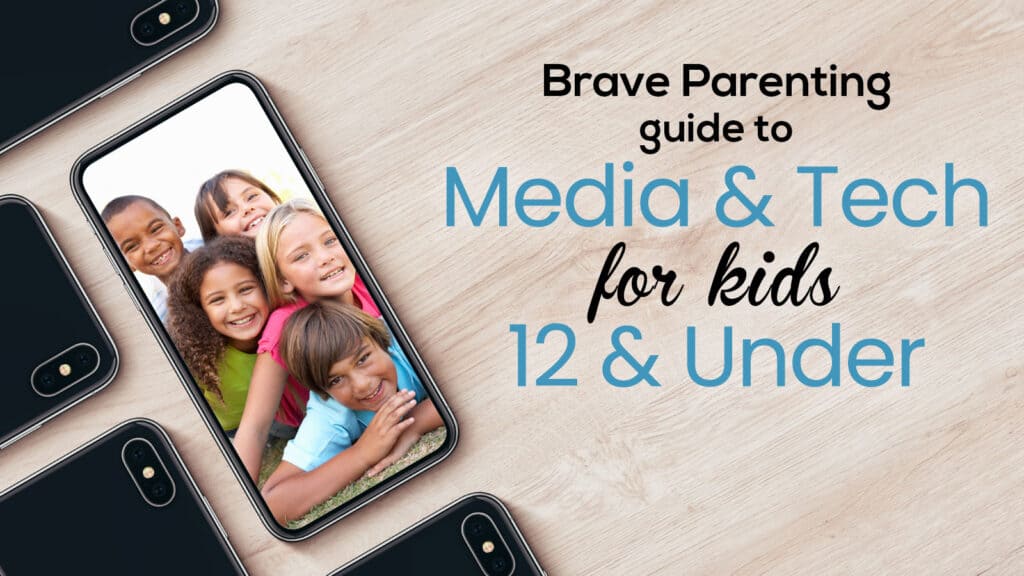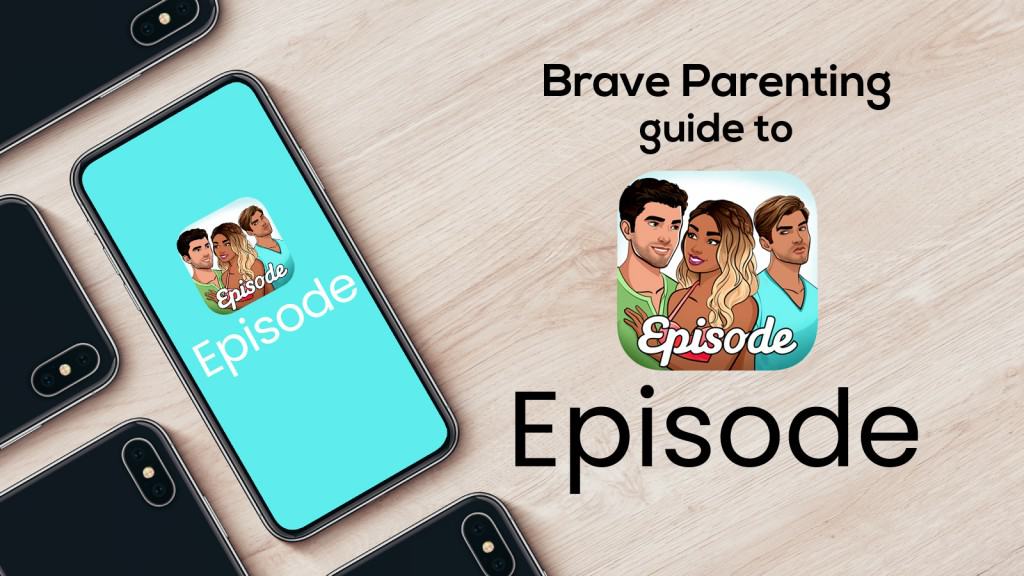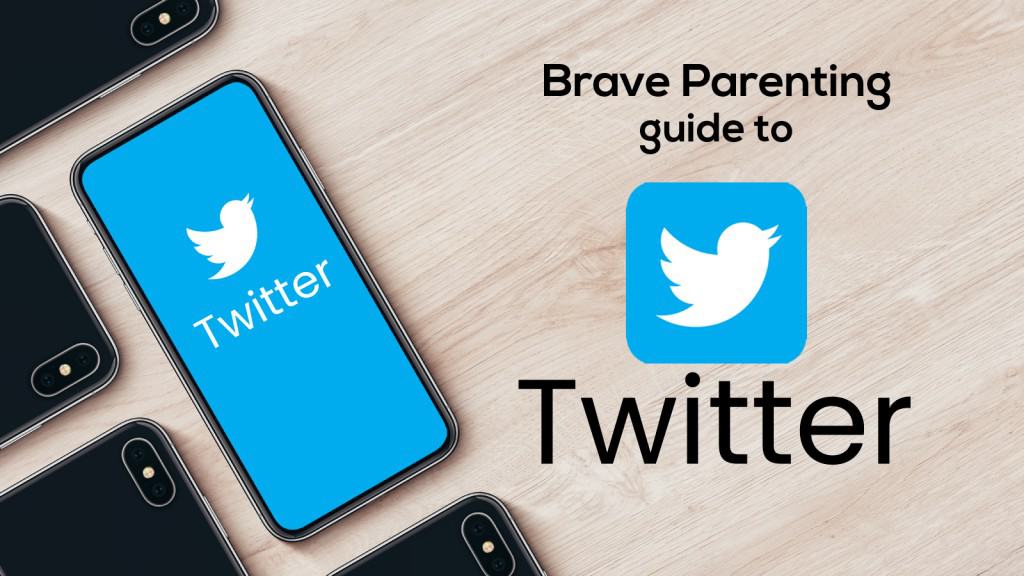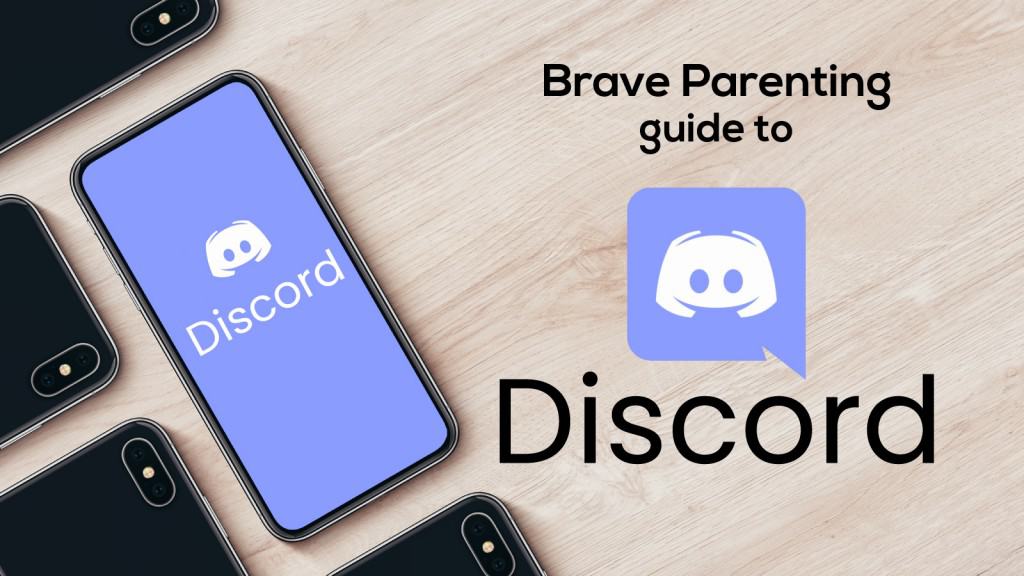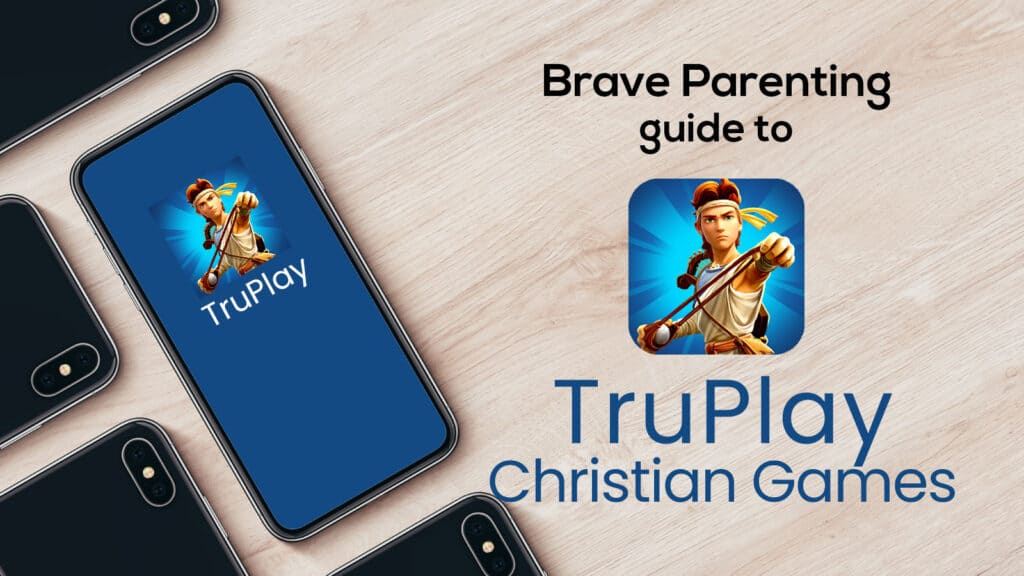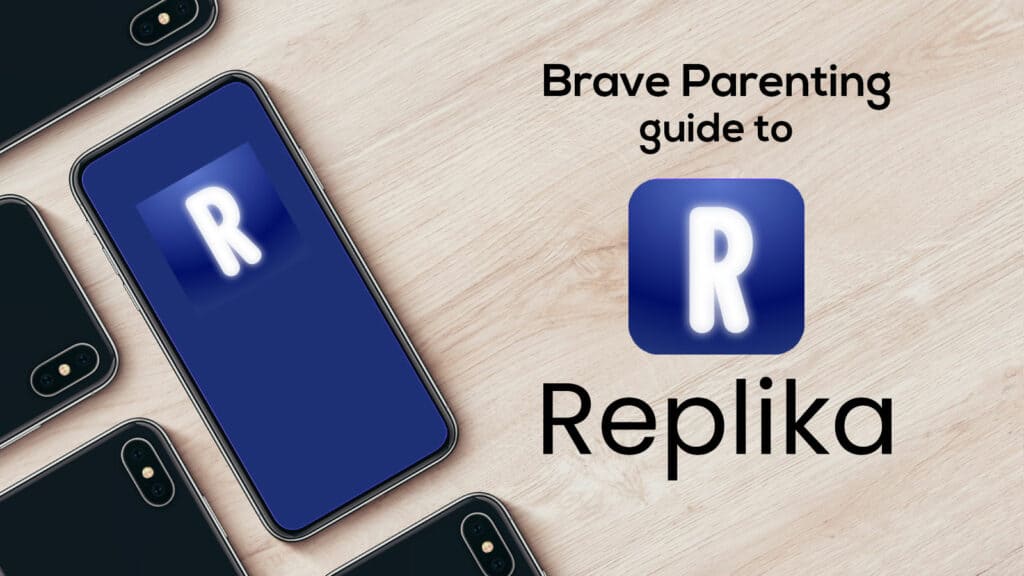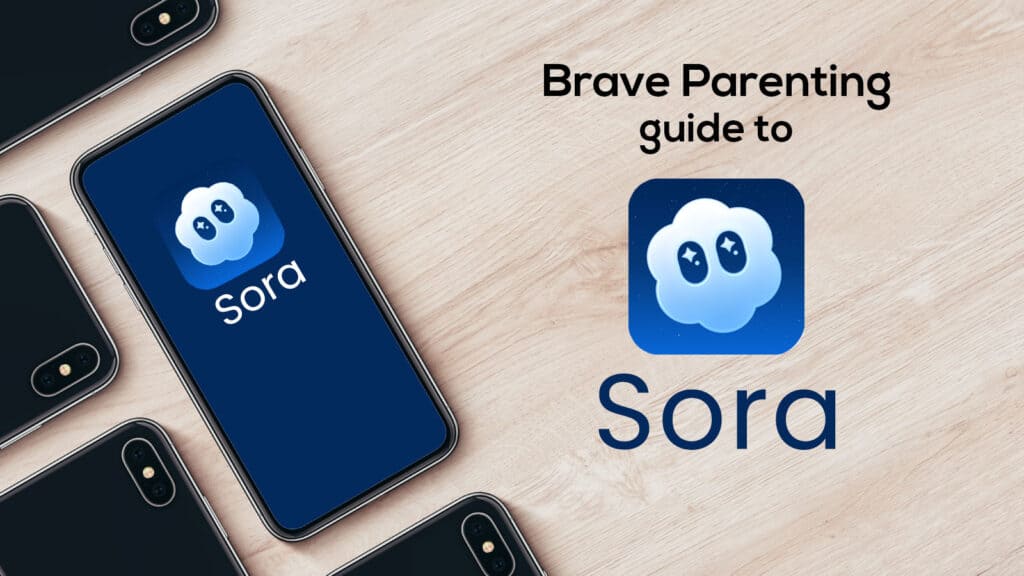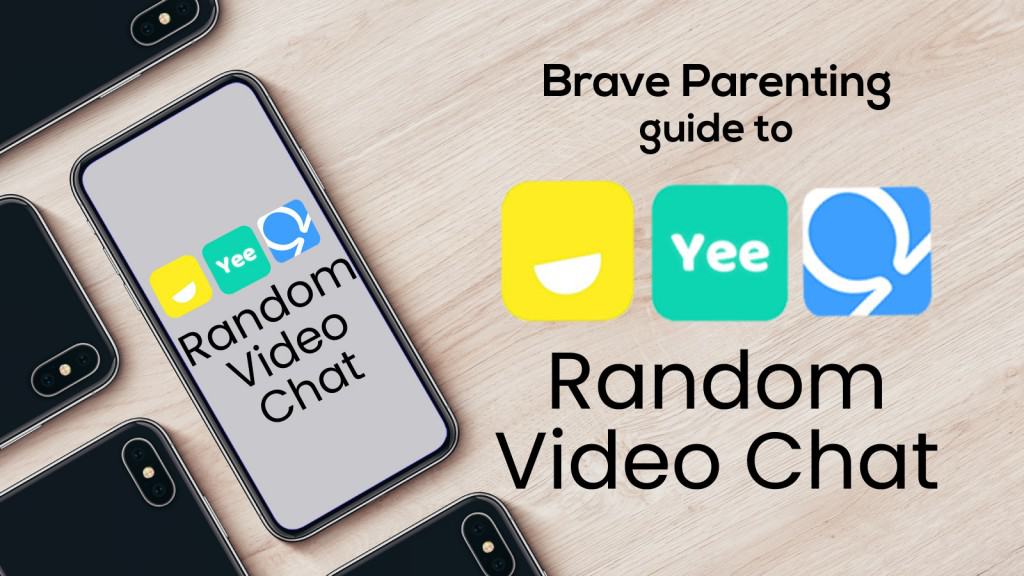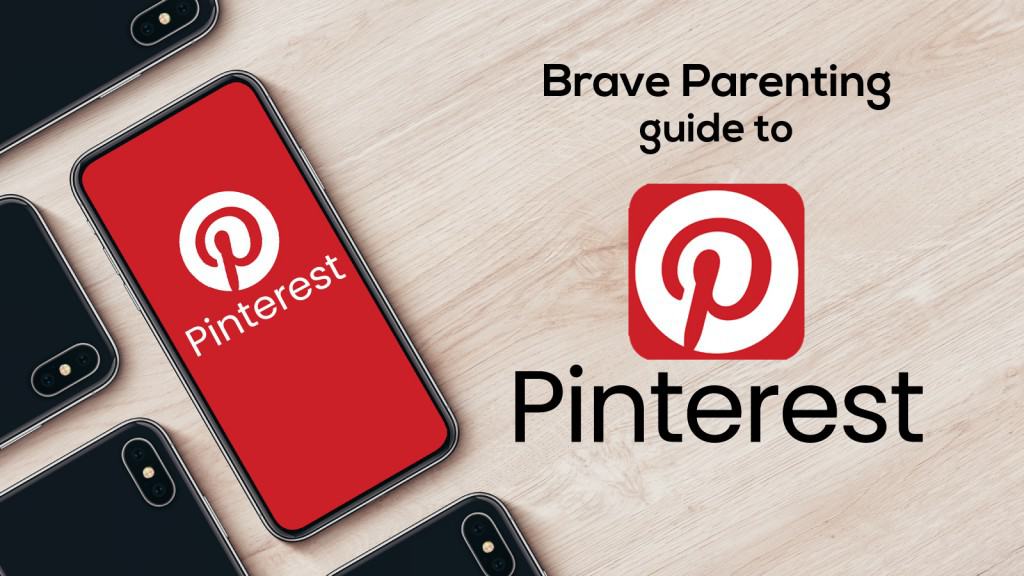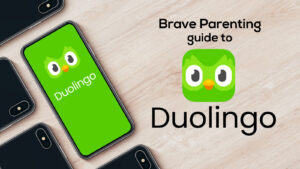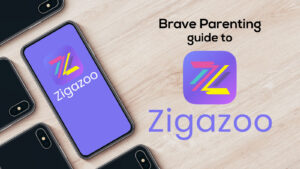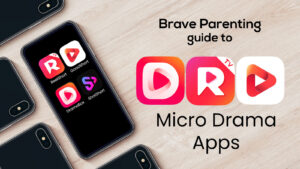Cash is disappearing. While standard access to Venmo and Cash App is restricted to adults over 18 years old, teen accounts have emerged as a way for teens to spend and receive money.
Venmo Teen, Cash App Sponsored Accounts, Apple Cash Family, and Google Wallet’s Family Supervision tools all aim to meet the digital financial needs of teens – but just because they can, does it mean they should? Are these apps the wisest way to build financial responsibility? How do these digital conveniences shape teens’ character?
First, this is what parents need to know about the specifics of each platform:
Ages
 Venmo Teen Accounts are for teens aged 13-17, and the account is linked to the parent’s account.
Venmo Teen Accounts are for teens aged 13-17, and the account is linked to the parent’s account.
-
-
- Many teens have lied about their age (with parental knowledge and permission) to obtain a standard Venmo account. The company knows this and encourages parents to close their current Venmo account in order to set up a Teen Account to abide by their Terms of Service.
-
Cash App Sponsored Accounts are for teens aged 13-17, and the account is linked to a parent’s account.
 Apple Cash Family allows anyone under the age of 18 via their Family Sharing.
Apple Cash Family allows anyone under the age of 18 via their Family Sharing.
 Google Wallet is for children under 13 who are already supervised by a parent under Family Link.
Google Wallet is for children under 13 who are already supervised by a parent under Family Link.
-
-
- Like all of Google’s parental controls and safeguards, at the age of 13, the child must approve the parent’s continued supervision.
-
Parental Oversight
 Venmo Teen Accounts offer parents
Venmo Teen Accounts offer parents
-
-
- full visibility into transactions, balances, and privacy settings
- ability to lock down the card if necessary
- set up recurring allowance deposits
-
 Cash App Sponsored Accounts grants the sponsor the ability to
Cash App Sponsored Accounts grants the sponsor the ability to
-
-
- view account activity
- receive alerts
- block users
-
 Apple Family Cash allows the Organizer to
Apple Family Cash allows the Organizer to
-
-
- view the balance and transaction history
- receive alerts when transactions are made
- choose who the teen can send/receive money from
- lock access
-
 Google Wallet offers parents the ability
Google Wallet offers parents the ability
-
-
- view and monitor transactions
- add/remove payment cards
- block access to Wallet Passes.
-
Spending Methods
 Venmo Teen Accounts offer a Venmo Teen Debit Mastercard, allowing money to be added and spent. Teens can make peer-to-peer payments as well as use the Debit Mastercard at available merchants. ATM withdrawals can also be made.
Venmo Teen Accounts offer a Venmo Teen Debit Mastercard, allowing money to be added and spent. Teens can make peer-to-peer payments as well as use the Debit Mastercard at available merchants. ATM withdrawals can also be made.
 Cash App Sponsored Accounts provides a Cash App Visa. Teens can make peer-to-peer payments as well as merchant transactions with the Visa card.
Cash App Sponsored Accounts provides a Cash App Visa. Teens can make peer-to-peer payments as well as merchant transactions with the Visa card.
Sponsored accounts also have access to:
-
-
- Buy and sell stocks
- Buy and sell Bitcoin
- ATM Withdrawals
-
 Apple Cash Family utilizes the Apple Cash card in Wallet. Any child (even those under 13) can make peer-to-peer transactions and standard merchant payments that accept Apple Pay, but only those 13 and older can add a debit card to their Wallet.
Apple Cash Family utilizes the Apple Cash card in Wallet. Any child (even those under 13) can make peer-to-peer transactions and standard merchant payments that accept Apple Pay, but only those 13 and older can add a debit card to their Wallet.
 Google Wallet utilizes linked cards (with parental approval) and is only compatible with tap-to-pay transactions at in-store merchants (no peer-to-peer payments).
Google Wallet utilizes linked cards (with parental approval) and is only compatible with tap-to-pay transactions at in-store merchants (no peer-to-peer payments).
Which is better: Digital Payment Apps or Traditional Bank Accounts?
As digital wallets continue to grow in functionality and popularity, it’s easy to default to these services for teens. However, traditional bank accounts still hold great value. Here’s a look at a few highlights of each:
 Traditional “Student” Bank Accounts
Traditional “Student” Bank Accounts
- Linked to parents’ account
- Works everywhere debit cards are accepted; requires physical card
- Full paycheck direct deposit (mobile check deposit)
- Integrated into the financial ecosystem, allowing teens to build real-world banking habits such as planning, budgeting, and waiting
- Less granular parental oversight, but more authentic to adult banking
- Teaches long-term stewardship of money with savings accounts
- Still subject to scams and frauds, but banks have a strong recovery process
Digital Payment Apps
- Works best with in-app/online purchases and peer-to-peer transactions
- Parents can fund instantly (only Venmo & Cash App allow for employer direct deposit)
- Integrated into the tech ecosystem, allowing for convenient and frictionless spending
- Parents own the account and retain full control and visibility
- Encourages quick spending and requires device dependency
- Frequent peer-to-peer scams and frauds without protection
The ease of digital payment apps makes them the go-to option. You don’t have to physically go to a local bank to open an account, wait for your debit card to be mailed, or even carry a physical debit card in a physical wallet.
Ease and convenience, however, rarely build character – much less, the character God desires.
Biblical Considerations
How a child learns to think about, earn, save, and spend money will impact every aspect of their faith and life.
Scripture provides clear principles to guide every person, whether it’s with a student bank account, Venmo teen account, or with cold hard cash.

Stewardship
The earth is the Lord’s and everything in it. – Psalm 24:1
The foremost biblical principle every teen must learn is that everything belongs to God. As image-bearers of God and followers of Jesus Christ, we are called to be good stewards of all that is God’s and given to us through His common grace and blessing. Stewardship is taught through wisdom and responsibility for every dollar spent. Both earning money and spending money are acts of worship.
Parents should be positive witnesses of responsible and God-honoring stewardship in how they earn and spend money. In our consumeristic culture, it isn’t so much which method of payment parents use but the heart behind what is purchased.
A teen who understands biblical stewardship will be able to thrive with either a Digital Payment App or a traditional bank account.
Idolatry
For where your treasure is, there your heart will be also. -Matthew 6:21
…you cannot serve both God and money. –Matthew 6:24
Keep your life from the love of money, and be content with what you have… -Hebrews 13:5
When money or convenience replaces trust and reliance on God, it becomes an idol. It makes no difference if the money is digital, from a traditional bank account, or cash. To a certain extent, we all bow in worship to the idol of convenience. We’ve grown so accustomed to one-tap payments and instant gratification. So much so that we’ve lost the ability to wait, to pray, and to persevere when it comes to earning, saving, and spending.
For teens who have access to online media, greed and covetousness may be driving their heart posture toward money. But even for teens who have had delayed and limited access to online media content, the ease and convenience of spending can equally steer their hearts towards idolatrous worship.
Scripture is clear that we are not to worship, trust, or hope in money (1 Timothy 6:7). Unfortunately, children don’t often see this principle modeled by their parents. We live in a time of prosperity: iPads get replaced if they break, DoorDash delivers food (for double the price) so we don’t have to leave home, and we have so many subscriptions we forget what we’ve signed up for.
To raise children who worship God instead of money or wealth, parents must evaluate how they model this in the home.
- Do you take time to pray before big purchases?
- Are you intentional rather than impulsive in your purchases?
- Do your children see you practicing contentment?
- Do they hear you speak about what you wish you had or what you are thankful for?
- Do they see you tithe, donate, or volunteer in the Church or other organizations?
- Is money something to be spent or saved in your home?
- Does your spending center around convenience or stewardship?
Whether your child has access to cash, a bank debit card, or a digital payment app, parents are to guard their hearts from idolatry. If greed, covetousness, and lust for money do not reign in their heart, the method of spending or saving matters very little.
Brave Parenting Recommendation
Brave Parenting considers all technological tools from a Scriptural and character-developing perspective. We believe ease and convenience are in opposition to spiritual discipleship and character formation.
Age 13-14
In the spirit of delaying and limiting, and to avoid device dependence, WE DO NOT RECOMMEND DIGITAL PAYMENT APPS for YOUNGER TEENS because we don’t recommend they have a smartphone. Student bank accounts for learning to save and manage money are preferred.
FAQ:
- What if they are working (babysitting, mowing grass, etc.) and their “employer” wants to pay digitally?
They can digitally pay the parent, who can then transfer the money to a savings/spending account for the teen. - What if they need to pay a friend for a movie ticket?
Parent-to-parent digital payments or cash can be exchanged. - What if they already have a phone? Wouldn’t a digital payment app be safer than relying on them not to lose a debit card?
They don’t need a phone at this age. Not to mention, ease and convenience do not build character. It would be better for them to lose their debit card and learn what to do next than to be saved from that experience by convenience.
Age 15-16
At this age, a teenager may have a smartphone, but we maintain that there should always be friction. Helpful friction at this age is not using the phone as a payment method. This helps the phone remain a tool for communication (and navigation when driving) rather than a personal pleasure device. A student bank account with access to the bank’s app teaches them to bank like the young adults they are becoming.
FAQ:
- What if they have a job and need direct deposit?
Help them open a student bank account at your local bank. - What if I need to frequently give them money for gas or school/sport-related purchases, and bank transfers aren’t as immediate as digital payment apps are?
Teach your child to plan ahead and prepare for when Mom and Dad’s money is needed. Allow real-world consequences (like having an empty tank) to teach them to be more responsible. - Aren’t digital payment apps safer so that when my teen overdrafts their account, they won’t incur fees?
A teen learns zero when they don’t have to face the natural consequences of spending more than they have. This doesn’t develop responsibility or wisdom! - They only carry their phone with them, why have them carry a debit card too?
If they have an iPhone (and most do), the debit card can be added to the Apple Wallet for tap-to-pay. Similarly, banking apps like Chase offer tap-to-pay through the app. AND if the teen is driving, they need to carry their driver’s license anyway. Carrying both builds responsibility.
Age 17-18
If your 17-year-old has managed to get this far without digital payment apps, there seems little need to create a “teen account.” On the one hand, they could wait until their 18th birthday and establish an account under their own independence.
On the other hand, if they have proven financial responsibility and stewardship by age 17, and there is a “real need” for Venmo, it is reasonable to allow it. We recommend keeping the account set up as a “teen account” rather than falsifying their age, since it’s “close enough.” Teaching your almost adult teens to maintain truthfulness in all things is essential.

